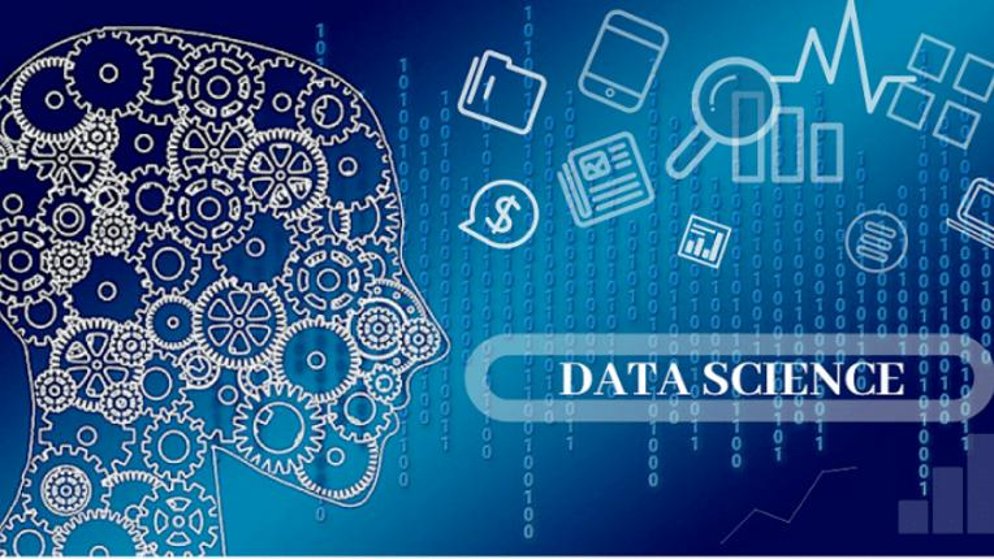
Here's a suggested outline for a 60-hour Data Science course:
Module 1: Introduction to Data Science (4 hours)
1. What is Data Science?
2. Data Science lifecycle
3. Roles in Data Science
Module 2: Python for Data Science (8 hours)
1. Python basics
2. Data structures (lists, dictionaries, etc.)
3. NumPy and Pandas
4. Data manipulation and analysis
Module 3: Data Visualization (4 hours)
1. Introduction to data visualization
2. Matplotlib and Seaborn
3. Visualizing distributions and relationships
Module 4: Statistics and Probability (8 hours)
1. Descriptive statistics
2. Probability theory
3. Inferential statistics
4. Hypothesis testing
Module 5: Machine Learning (16 hours)
1. Introduction to Machine Learning
2. Supervised learning (regression, classification)
3. Unsupervised learning (clustering, dimensionality reduction)
4. Model evaluation and selection
Module 6: Data Preprocessing and Feature Engineering (4 hours)
1. Handling missing data
2. Data normalization and scaling
3. Feature engineering techniques
Module 7: Model Deployment and Interpretation (4 hours)
1. Model deployment
2. Model interpretation
3. Communicating results
Module 8: Case Studies and Projects (12 hours)
1. Real-world data science projects
2. Working with datasets
3. Applying data science concepts to solve problems
This outline covers the basics of data science, Python programming, data visualization, statistics, machine learning, and model deployment. The case studies and projects section allows students to apply their knowledge to real-world problems.
Feel free to adjust the outline based on your specific needs and goals!
- Teacher: Admin User